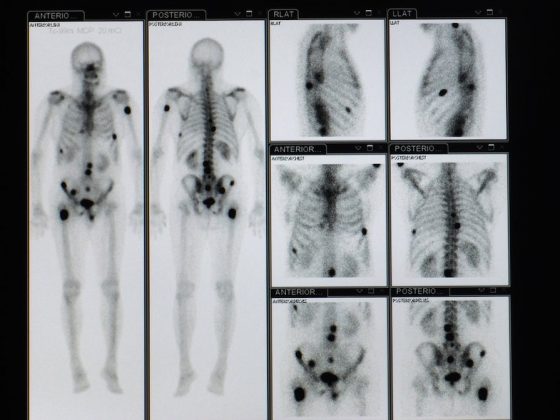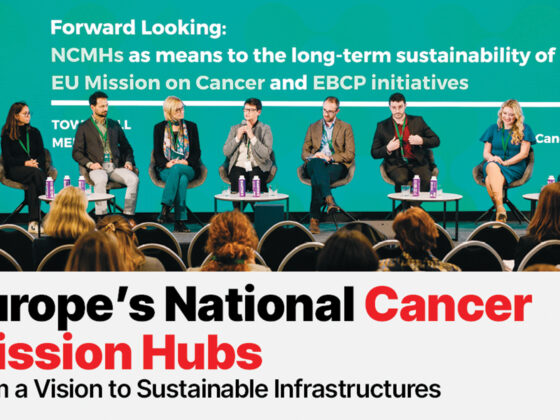Despite major progress in 2016, when the Romanian Parliament banned smoking in all indoor public spaces, indoor workplaces and public transportation, the country still has a tobacco problem. Around three in ten Romanians over the age of 15 are tobacco users and Romania is one of the few EU member states where the proportion of tobacco users has actually increased, by 2% between 2017 and 2020.
There are loopholes in legislation for advertising and selling tobacco products, so cigarette advertisements are often seen in shops, at vending machines or in and around cafes and bars. ‘New tobacco products’ such as vaping and heated tobacco devices, believed by some to be a gateway into traditional smoking for the young, are not covered by the ban on smoking in public places or taxed at high rates.
And there is a tangled relationship between the tobacco industry and the Romanian authorities. Romania ranks 6th in the Global Tobacco Industry Index, which indicates “tobacco industry interference” in government.
Some connections are known and have received little scrutiny, says Ramona Brad, President of the 2035 Tobacco-free Romania consortium, fighting for the first tobacco-free generation by 2035. “For instance, JTI [Japan Tobacco International] has a public–private partnership against cigarette smuggling with the Customs State Department in Romania, which acts as a control authority for JTI as well, because they also import their products.”
A similar government–industry entwinement involves British American Tobacco, which, in a corporate social responsibility effort, partnered with the Consumer Protection Agency in a campaign for “zero tolerance for the sale of nicotine products to minors”.
It was not totally unexpected when, earlier this year, Romania’s National Cancer Plan ‘forgot’ about smoking
“Government officials often attend industry events, for instance factory inaugurations,” notes Brad. “All these little things have the same purpose: to block regulations.”
For anti-tobacco campaigners, therefore, it was not totally unexpected when, earlier this year, Romania’s National Cancer Plan ‘forgot’ about smoking. The draft of the plan, presented by the Romanian health ministry in January, barely mentioned tobacco as a cancer risk factor. Preventing tobacco use was to be addressed at “workshops and conferences”. Dozens of medical professionals and NGOs criticised the lack of specific measures aimed at fighting tobacco use.
Signatories to an open letter representing both civil society and the medical community pointed out the document “does not include even one of the measures recommended by the Europe’s Beating Cancer Plan, in terms of fighting tobacco consumption.”
As a result of such pressure, a later version of the plan referred to implementing all aspects of the World Health Organization’s Framework Convention on Tobacco Control and the Romanian 2035 Tobacco-Free strategy by 2023–2025. It will involve aligning taxation for new tobacco products with traditional tobacco, stricter regulation on advertising and the development of a national strategy on preventing tobacco use, which Romania currently does not have.
Why were these changes not mentioned in the first draft? That’s a question the president of the Oncology Commission of the Ministry of Health, Michael Schenker, says he is unable explain. “I wouldn’t know what to tell you at the moment because, honestly, this part of prevention is not my area of expertise,” he told Cancerworld “The most important measure for tobacco control was the 2016 ban on smoking in all indoor public places. In five to six years from now we will be able to see the results of this policy, in a significant decrease in tobacco-associated mortality.”
Bulgaria
The Romania situation has parallels with Bulgaria, where 38% of the population smoke or use other tobacco-related products on a daily basis, according to a 2021 Eurobarometer report. The country comes second only to Greece in terms of smoking prevalence.
Like Romania, Bulgaria is one of the few European countries to have seen an increase in tobacco use in the past five years (from 36% in 2017 to 38% in 2020) – a period during which smoking declined from 26% to 23% in the EU27 plus the UK.
Like Romania, Bulgaria is one of the few European countries to have seen an increase in tobacco use in the past five years
The economic damage from smoking in the country amounted to €2.2 billion in 2019, says medical doctor Gergana Geshanova, Chair of the Smoke Free Life Coalition in Bulgaria. She points out that Bulgaria experiences the same disparities in taxation as Romania. “Since October 2018, heated tobacco products are being taxed with an excise of 233 Bulgarian Lev (around €120) per kilogram, which is 40% of the excise duty on cigarettes,” explains Geshanova.
She is also critical of the strong tobacco lobby and a lack of transparency in the relationship between the industry and authorities.
The Republic of Moldova
Though Moldova is not an EU member, it has decided to adhere to the WHO’s Framework Convention on Tobacco Control and aligned itself to the 2014 EU Directive on Tobacco Products.
Moldova goes beyond several other EU member states in terms of regulation. For instance, it makes no distinction between vaping, smoking and tobacco devices, so electronic tobacco devices are prohibited in public places – just like cigarettes.
Moldova used the same textual health warnings from the 2014 directive as EU member states. However, the EU did not allow them to use the warning images as well so, in a show of resourcefulness, the Moldavian government got permission from the Australian and Canadian governments to use their tobacco-related public health images for free.
“We are too poor of a country to afford laxer legislation. We can’t afford the costs for the public health system”
Despite the very strict policies of the Republic of Moldova, however, tobacco companies do try to bypass the legislation, according to Ghenadie Țurcanu, a public health advocate in Moldova, working for the Centre for Public Health Policy and Analysis.
“For example, if a tobacco company has a programme offering grants for journalists or scholarships for students in Romania, information about that cross-border programme is also promoted in the national media in the Republic of Moldova.”
Țurcanu says that, as in Romania, major tobacco companies “try to promote the notion that the new tobacco devices are a healthy alternative to classic smoking.”
“They try to re-normalise tobacco,” Ramona Brad says, referencing a term used in a Phillip Morris strategy that became a public document a few years ago.
When asked why she thinks Moldova has stricter legislation than some EU countries, Țurcanu said: “We are too poor of a country to afford laxer legislation. We can’t afford the costs for the public health system.”












